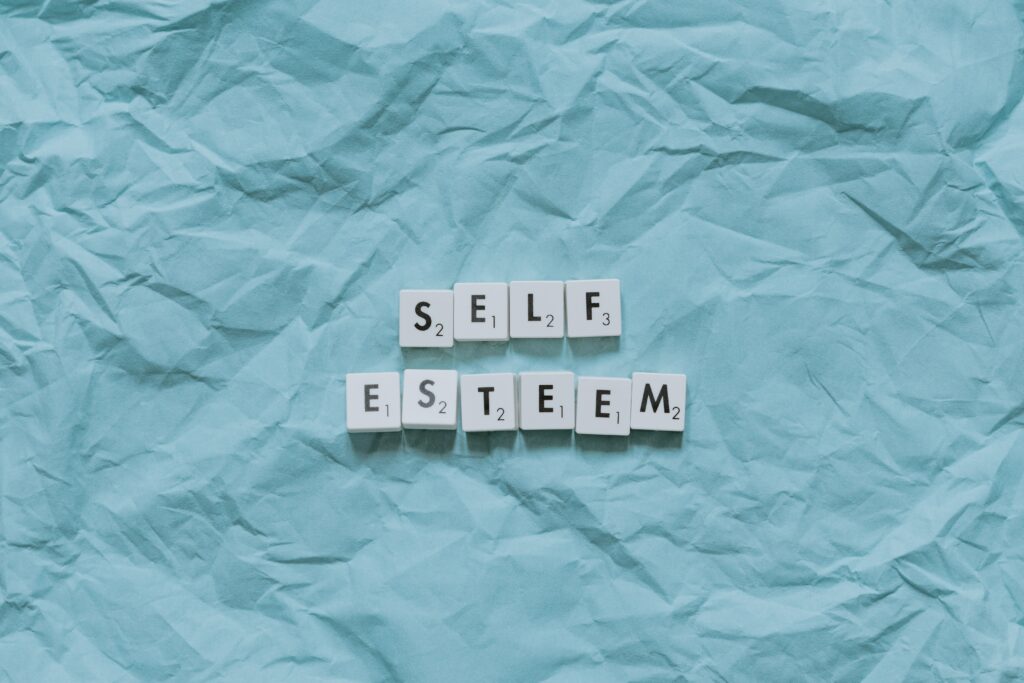
Self esteem is such a common term, so frequently bandied about. We speak of it as if we’re discussing this season’s hemline – is yours high, low or unravelling and trailing on the floor? But what exactly is self esteem and what does it mean? I’ve specialised in this area for five years now and still, when I’m asked this question, I flounder to give a good definition.
So, like the second slide in every tedious PowerPoint presentation, I direct you to the dictionary definition. The Cambridge Dictionary describes self esteem as: “Belief and confidence in your own ability and value.”
This is true. But it just doesn’t chime with me. It doesn’t conjure the roller coaster experience of actually living with a changeable self esteem. Sometimes bruised, after a crushing rejection, or buoyant and bursting after a meaningful success.
Instead, I think Maya Angelou captures it best. She goes beyond a definition to express her belief. “I must undertake to love myself and to respect myself as though my very life depends upon self-love and self-respect.”
Self-love and self-respect are the core components of self esteem. And it’s vowing to return to these feelings, that’s at the heart of healthy self esteem. Good self esteem is not a single action, or just one way of being. And so it can’t be clearly defined. Instead, it’s a continual pivoting back to self love once we realise we’ve wandered off the path. Or when we’ve majorly messed up and can barely get out of bed. If you’re interested in learning more about self love, then here’s an excellent article I contributed to, written by Katie Baskerville for Mashable.
The Crisis of our time is not self esteem
But good self esteem is not the cure-all we anticipate. And scientific research on the subject has returned mixed findings. Psychologists initially blamed low self esteem for all of society’s ills – from high school bullying to long-term unemployment. Their thinking was; if self esteem can be raised, then behaviours would improve. But research studies have failed to find a significant relationship between the two.

In fact, they found that self esteem is often based on feeling superior to others. For example, our self esteem may get boosted when we realise we’re the best dancer in the room. But this relies on comparison. And for someone to be worse, for us to feel better. It’s not a sustainable, nor nourishing, approach.
Enter, self compassion
So we turn to self compassion as a way to shore up our self esteem. Self compassion seems to get the results everyone wants to see. Not only this, but it’s also beautifully easy to describe: Self compassion is talking to yourself in a kind, understanding and non-judgemental way. Exactly how you’d talk to your best friend and those you love. It’s understanding that even though you’ve messed up this time, you’ll go on to thrive.
Dr Kristin Neff, pioneer of self compassion and Professor of Educational Psychology at Texas University, has carried out multiple studies into the topic. She found that people who practise self-compassion are more likely to recover from setbacks, and go on to succeed, than people with high self esteem.
So, if your struggling to get a handle on your self esteem. If you find it’s high one day, and through the floor the next, then start with practising self compassion. And prioritising self love. I think you may be surprised at how much better self compassion can make you feel.
